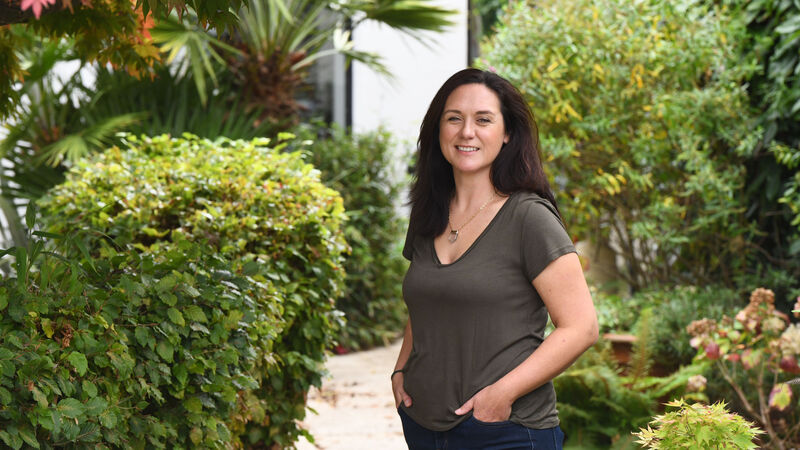'I was diagnosed with ADHD in my 30s, now I understand my brain better'

Cathy Michael was diagnosed with attention deficit hyperactivity disorder (ADHD) in her late 30s. Photograph Moya Nolan
Try from €1.50 / week
SUBSCRIBE
Cathy Michael was diagnosed with attention deficit hyperactivity disorder (ADHD) in her late 30s. Photograph Moya Nolan
Cathy Michael was in her late 30s when she learned her mind worked differently from other people’s. The 42-year-old from Monkstown in Dublin had been diagnosed with dyslexia as a child, but it wasn’t until 2021 that a psychologist told her she also had attention deficit hyperactivity disorder (ADHD).
She had always struggled with executive function, the term used for the mental skills we draw on to achieve our goals, such as planning, prioritising, and self-control.
Already a subscriber? Sign in
You have reached your article limit.
Annual €130 €80
Best value
Monthly €12€6 / month
Introductory offers for new customers. Annual billed once for first year. Renews at €130. Monthly initial discount (first 3 months) billed monthly, then €12 a month. Ts&Cs apply.
CONNECT WITH US TODAY
Be the first to know the latest news and updates
Newsletter
The best food, health, entertainment and lifestyle content from the Irish Examiner, direct to your inbox.
Newsletter
The best food, health, entertainment and lifestyle content from the Irish Examiner, direct to your inbox.

Our team of experts are on hand to offer advice and answer your questions here
© Examiner Echo Group Limited